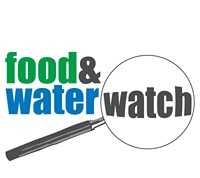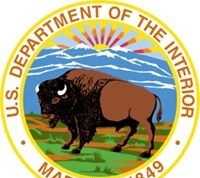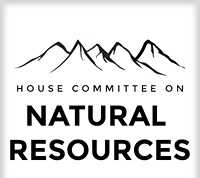Republican proposal could have nullified drinking water protections for 117 million Americans
WASHINGTON, D.C. – November 4, 2015 – (RealEstateRama) — In an effort to ensure Rhode Islanders have access to clean drinking water and to protect rivers, streams, ponds, and wetlands throughout the state and nationwide, U.S. Senator Jack Reed today voted against Republican attempts to weaken the landmark Clean Water Act by blocking the implementation of the Clean Water Rule. Reed and 40 of his colleagues beat back attempts to undermine the nation’s clean water laws by a vote of 41-57. The cloture vote fell short of the 60 votes needed to limit debate on the motion to proceed to the bill.
“Clean water is vital for the health of our families, businesses, and communities. Water is the lifeblood of our economy and clean water is essential to our quality of life. Today’s vote prevents special interests from tearing down the bedrock clean water standards that protect us from pollution. Allowing unregulated pollution to flow into our streams, rivers, and wetlands is bad for public health and business. We can’t have clean water in Rhode Island if the waters upstream and upstate from us are polluted. And we can’t protect the Bay if we don’t safeguard the streams, wetlands, and rivers that flow into it,” said Reed.
Congress passed the Clean Water Act in 1972 to help protect the nation’s waters from unregulated pollution and industrial runoff. The law regulates wastewater coming out of pipes and gives citizens the power to sue violators and hold them accountable and financially responsible for cleanups. The measures put forth by Republicans attempted to weaken this critical law.
After two Supreme Court rulings left the scope of the Clean Water Act unclear, the U.S. Environmental Protection Agency (EPA) and the Army Corps of Engineers were tasked with drafting an enforceable rule capable of clearly defining which small streams and wetlands were under the EPA’s purview. The rule would also restore historic protections to these waterways. The EPA and Army Corps of Engineers undertook a rigorous scientific review process that included multiple stakeholder hearings and incorporated community input to develop the Clean Water Rule. The new rule would provide greater regulatory certainty for businesses, farmers, local governments, and communities without creating any new permitting requirements and maintaining all previous exemptions and exclusions.
The Clean Water Act dictates that any navigable waters fall under the federal law’s jurisdiction and the Clean Water Rule would help define these navigable waters and may include headwaters and other bodies of water that flow into navigable streams.
According to a joint EPA-Army Corps fact sheet, about 117 million Americans – one in three people – get drinking water from streams that lacked clear protection before the Clean Water Rule.
If Congress blocked the Clean Water Rule, at least 59% of Rhode Island’s stream miles and millions of acres of wetlands nationwide would again be put at risk from pollution and destruction from development, oil and gas production, and other industrial activities, according to protectcleanwater.org, which also found 54% of Rhode Islanders get their drinking water from sources that rely on small streams that are protected by the Clean Water Rule.
Republican Majority Leader Mitch McConnell (R-KY) is expected to bring a second, related measure to the Senate floor later today, a resolution of disapproval (SJ Res 22) of the Clean Water Rule. Under the Congressional Review Act, this disapproval proposal, if passed by both chambers, would nullify the Clean Water Rule and prevent the Army Corps and EPA from even revising the regulation. However, even if this procedural vote is successful, the President could veto the resolution like any piece of legislation, and today’s vote clearly shows that Democrats have a veto proof majority.
















